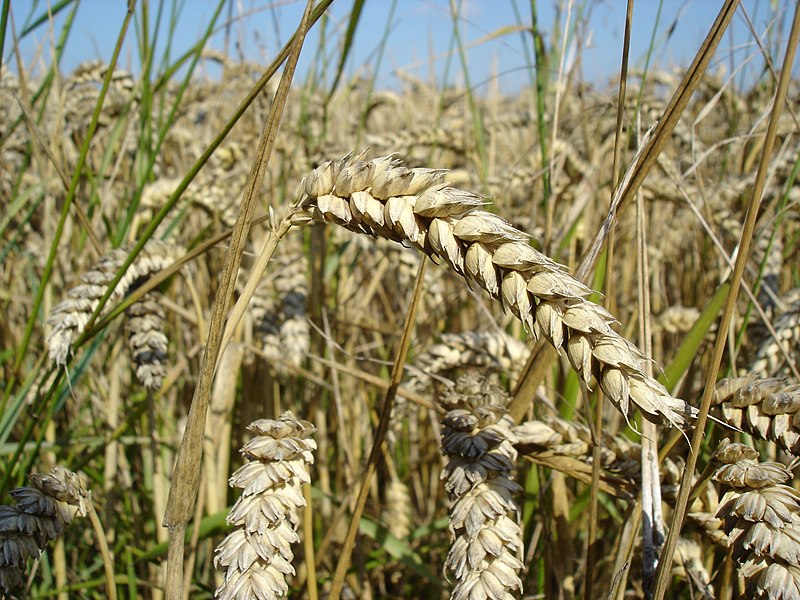Thursday, February 4, 2010
Is simple really that complicated?
Today a colleague of mine and I were talking about trading grains....and it seemed so "out there" and even "alternative" by modern standards. My colleagues faith prompts him to store a significant amount of grain, for various and obvious reasons. He chooses to actually use the grain and cycles it from old to fresh. They have a nice flour mill and make fresh wheat bread on a regular basis. I think this is really cool. The other day he asked if I had any extra malted barley that we could try in a bread recipe and I remembered to bring it to him today. He is going to trade us some wheat grain and I will make some home ground/homemade bread with the kids because they will think it is cool. How many of us have ever even seen a wheat kernel or berry? According to Wikipedia, wheat has been cultivated domestically since 9,000BC and harvested in the wild since 23,000BC. It is probably largely responsible for much of the progress that we have made as humans. How is it that most of us have become so removed from agricultural production and raw products that it seems "alternative" to do what has been done for eons? It is an interesting question to ponder. I think we might have to grow a little wheat and/or barley, just for the fun in it.
Subscribe to:
Post Comments (Atom)

Matt - you touch on an interesting point: agriculture is basically the necessary predecessor of the Industrial revolution - and explosion. What you're opening up here is parallel to something I heard last week (and forgive me that I don't remember the exact figures as I joined the conversion upon hearing this): 100 years ago, something like 15% of the country's families were in agriculture. Today, it's less than 1.5%. I can get in touch with the gentlemen who had those figures and double-check them, but the point is that significantly less families are producing food than in decades past.
ReplyDelete